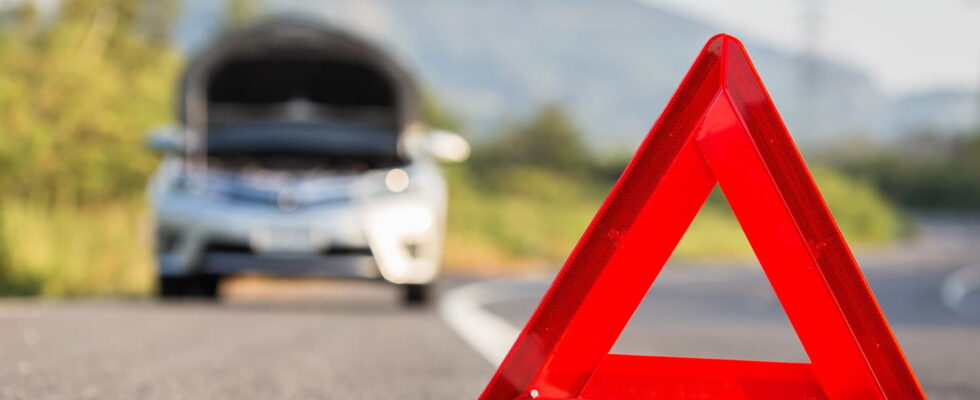If you have the misfortune of breaking down on a highway, be careful of this new scam which is booming and which can cost you dearly.
Many of them have been duped, thinking that they are being taken care of by an appointed professional. For several weeks, a new scam of a completely new type has been attacking motorists in difficulty on the side of the road. The scheme of these crooks is simple: via road applications like Waze or by traveling along strategic roads, dishonest repairers spot broken down vehicles. Once located, these professionals intervene before the arrival of the real companies mandated by the insurance companies.
Of course, at the time, the motorist in distress does not realize anything since the “pirate repairman”, as they are nicknamed, has a well-prepared speech. Some claim that the police called them because the broken down vehicle is obstructing traffic, while others still claim to be the famous assistance which was mandated by the insurance. This is where the trap closes. In general, given the situation, the motorist tends to believe what he is told and accepts the repair. The scam is only discovered afterwards, at the time of the bill which is often much higher compared to the cost announced by the insurance or when the real repairer arrives a few minutes later. Some victims were billed more than 3,000 euros for repairs, sometimes including unnecessary services intended to inflate the final bill.
Questioned by our colleagues from TF1, Dylan, a young driver, recently paid the price after realizing that one of his tires was flat. For him, everything happened very quickly: he contacted his insurance by phone and in just a few minutes, a repairman arrived and took care of him. The young man did not think to check the identity of the professional and when his car was towed, he was surprised to learn that he had to pay 282 euros, even though his insurance had certified that the assistance was free.
To avoid being fooled by these “pirate repairers”, it is advisable to first carefully check the information provided by the insurance company, in particular the contact details of the repairer and their arrival time. Then, if the recovery vehicle has no inscription on its body, such as the name of the company, or the prices announced are excessive, it is better to be wary and possibly contact your insurer again before accepting the intervention.
